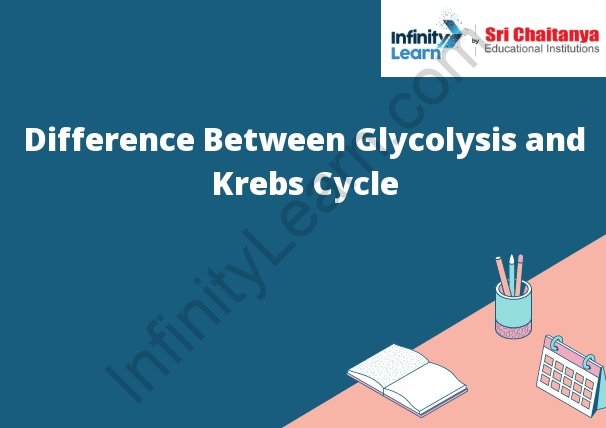Table of Contents
What is Respiration?
Respiration is the process of the body’s cells converting energy from food into a form that the cells can use. The process of respiration occurs in the cells’ mitochondria. The mitochondria use oxygen to convert the food’s energy into a form that the cells can use. Difference Between Glycolysis and Krebs Cycle.

Respiration is the process of exchanging gases between an organism and its environment. In humans, respiration involves the inhalation of oxygen from the atmosphere and the exhalation of carbon dioxide. The oxygen is used by the cells to produce energy, while the carbon dioxide is expelled as a waste product.
Differences Between Glycolysis and Krebs Cycle
The main difference is that glycolysis does not require oxygen, while the Krebs cycle does.
Glycolysis is the process of breaking down glucose into two molecules of pyruvate. This process does not require oxygen and can take place in the absence of oxygen.
The Krebs cycle is the process of oxidizing pyruvate into carbon dioxide and water. This process requires oxygen and takes place in the mitochondrial matrix.
Glycolysis is the process of breaking down glucose to produce energy. The Krebs cycle is the process of turning that energy into ATP. There are some key differences between these two pathways.
The first difference is that glycolysis occurs in the cytoplasm, while the Krebs cycle occurs in the mitochondria. The cytoplasm is the area outside of the nucleus, while the mitochondria is the organelle inside the cell that produces energy. This is important because the mitochondria is very efficient at producing energy, while the cytoplasm is not.
The second difference is that glycolysis produces two molecules of ATP, while the Krebs cycle produces 38 molecules of ATP. This is because the Krebs cycle is a more efficient way of turning glucose into energy.
The third difference is that the Krebs cycle produces carbon dioxide and water, while glycolysis does not. This is because the Krebs cycle uses oxygen to turn glucose into energy, while glycolysis does not.
Overall, the Krebs cycle is a more efficient way of turning glucose into energy than glycolysis. It produces more ATP and it does not produce carbon dioxide and water.





